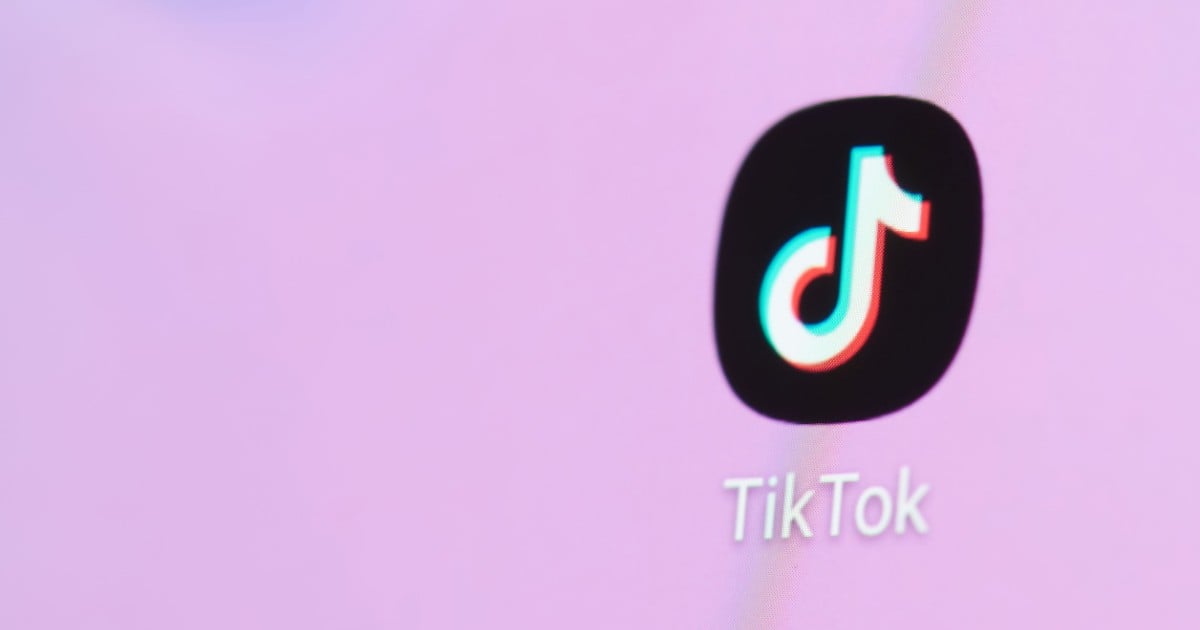Choosing a VPN for the WeChat and TikTok Ban: Paid VPN vs. Free VPN

Virtual Private Networks (VPNs) are a popular and effective way to bypass bans. Recently, the governments in India and the United States have banned certain apps like WeChat and TikTok from the app store. While the bans currently only stop users from downloading the app from the app store and will not yet block users from using the app if they already have it, it isn’t unreasonable to think that might be the next step. As US companies will soon be forbidden from providing technical services to WeChat and TikTok, it’s possible that even those that still have the app will experience degraded usage experiences unless they use a VPN.
Those that are dealing with the banning of certain apps like WeChat and TikTok from the app store are being directed towards VPN services as a way to have access to app updates again. But what should you choose: A free or paid VPN? The fact of the matter is that there are a lot of free VPN services and when you aren’t paying money, you’re paying with your privacy and security. That is not a risk that you should take.
VPNs allow you to change your IP address which can be useful in the process for accessing the app store from a different jurisdiction that has not banned a particular app. It’s important to note that users seeking to access WeChat and TikTok from the United States don’t actually need to VPN “to China,” they will actually probably find the lowest latency by using a Canadian or Mexican exit node.
Why you shouldn’t use a free VPN to access TikTok, WeChat, or anything for that matter
Free VPNs have historically proven themselves to be a security and privacy risk over and over again. Take this recent revelation that many free VPN services based in Hong Kong were logging as an example. By changing your IP address, a VPN routes your traffic through the VPN server before it goes to its final destination – say TikTok or WeChat – and is in a position of power to log what you do and even alter what you see. While most VPNs claim to not log, only Private Internet Access has had their no logging policy proven in court multiple times.
Along with the logging concerns, free VPNs have also been caught doing things like selling your bandwidth, injecting ads into your internet browsing experience, and otherwise monitoring your traffic and selling it to the highest bidder. VPN networks cost money to run, and a VPN service needs to be generating revenue in order to run servers. The paid vs free VPN discussion hinges on this key economic point: A free VPN is often monetized in these shady ways while a paid VPN like Private Internet Access is monetized with a subscription. When it comes to protecting your privacy, security, or even just bypassing geo-restrictions like the US TikTok Ban, you should choose a Paid VPN every time.
Comments are closed.

Both apps censor and send data to the Chinese brutal dictatorship, probably not the smart thing to do to use them, even with a VPN.